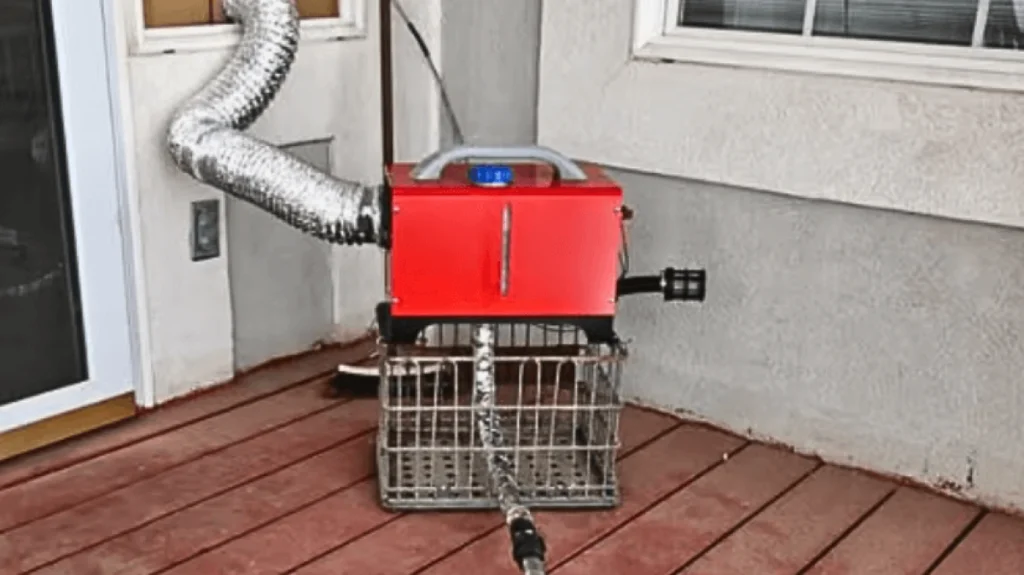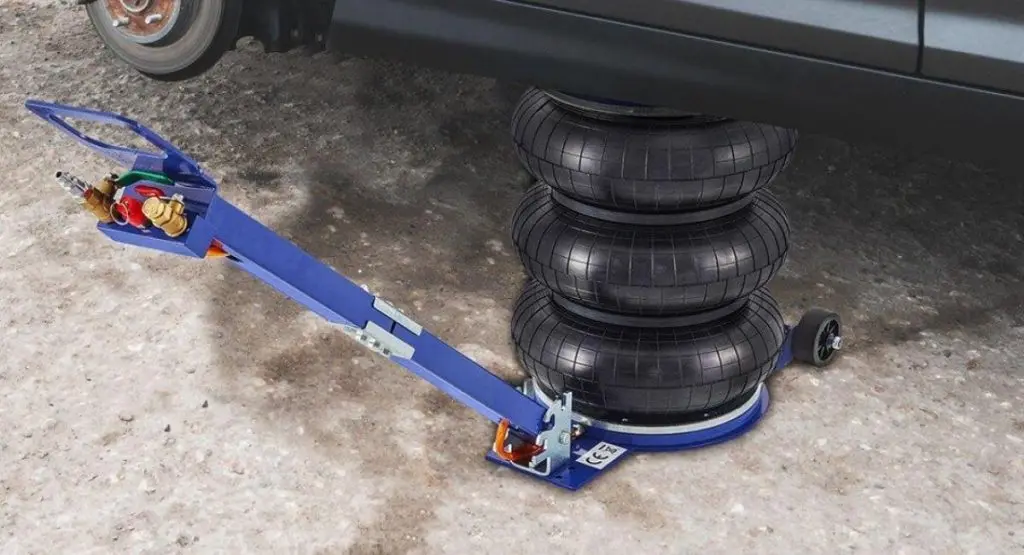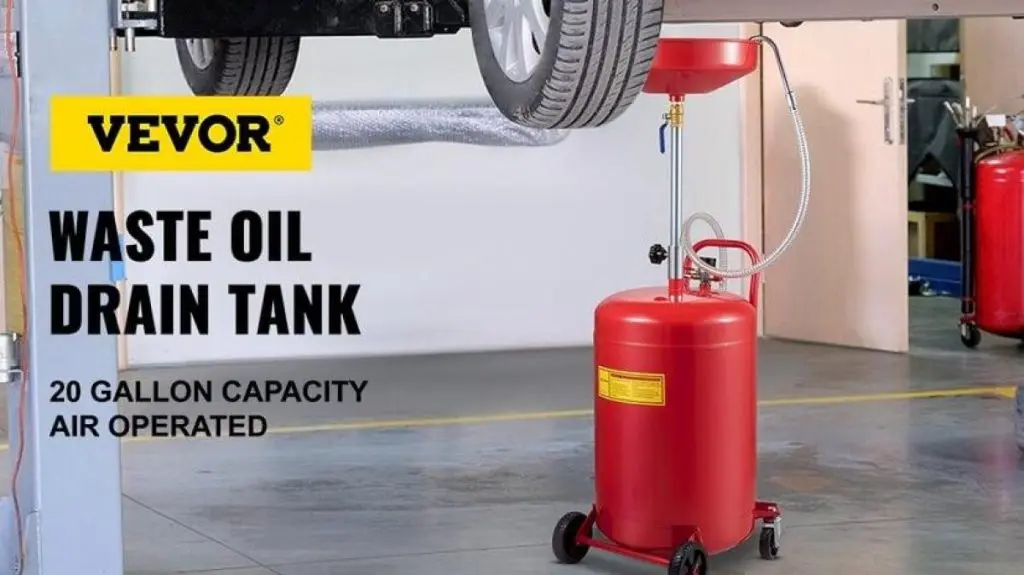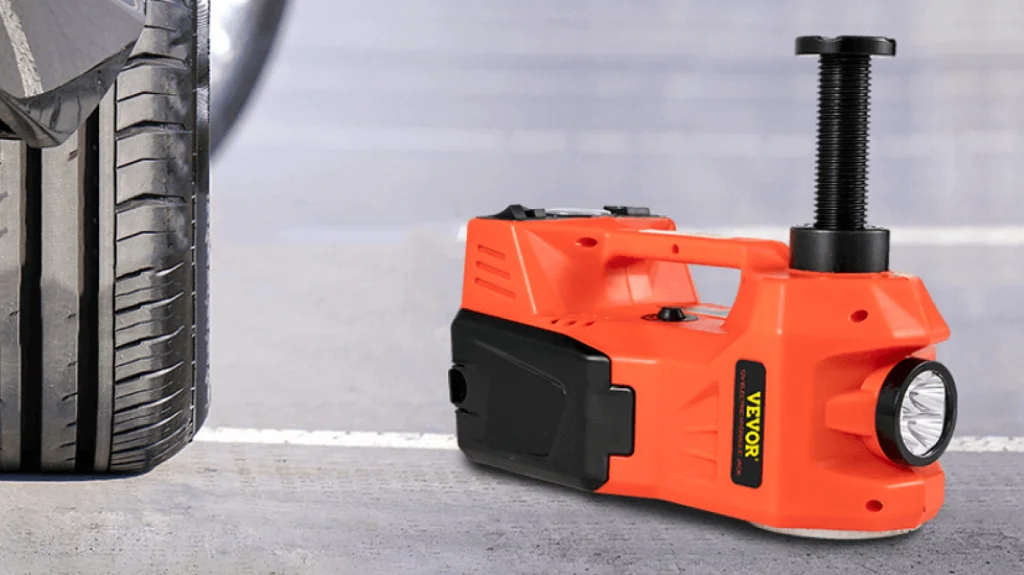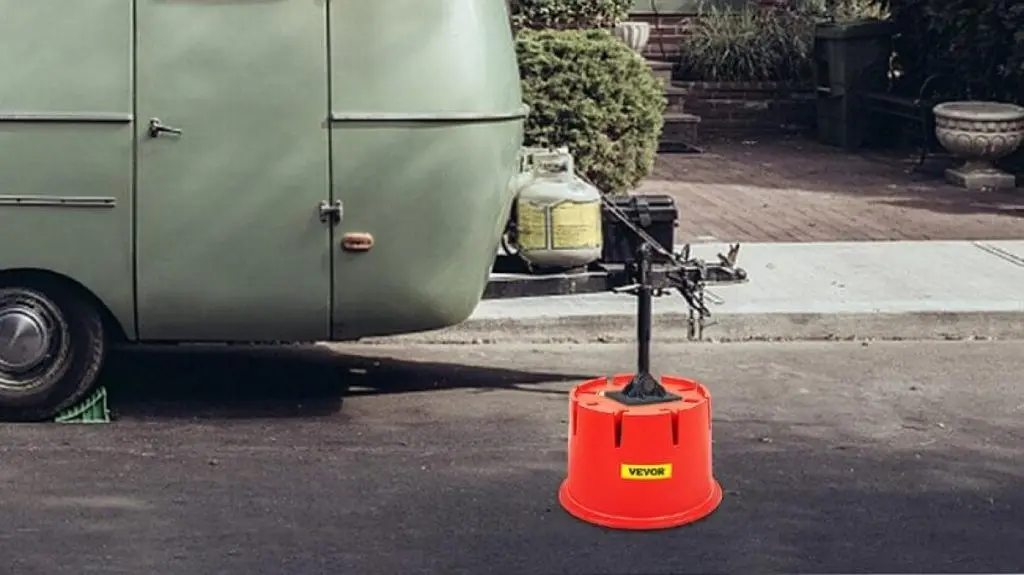Have you ever enjoyed humming diesel heaters in your RV or boat on a chilly evening? These true game-changers are incredible when it comes to fending off the cold. Amid the soothing hum and cozy heat, have you ever wondered if you thought diesel heaters were safe?
If yes, you’re on the right track, as this is the time to introduce the pivot heater effects to your awareness. As we embark on an enlightening journey, let’s delve into the world of diesel heaters and the critical role ventilation plays in their operation.
What is a Diesel Heater
In a diesel heater, fuel is burned to produce heat, which is then used to create a warm atmosphere. In diesel engines, the fuel mixture is burned similarly to an engine, and different categories and sizes are available. A small working unit featured a silencer, intake, exhaust pipe, and control unit for settings and regulations.
Based on your requirements, you can get domestic, portable, and commercial diesel heaters, as they’re a great source of heat to keep you warm in cold weather without getting you into serious hazards.
How Does a Diesel Heater Work
With a small mechanical unit, a diesel heater works like a diesel engine, which uses fuel.
Take a look at some components of how the diesel heater works:
- An intake pipe containing diesel in the tank can be used to draw air in when the heater is switched on.
- For combustion, after mixing, the diesel heater sent the air to the engine.
- By doing this, heat is generated, which is directed into the needed space via an outlet.
- On the outside, exhaust gasses and other fossil fuels are emitted through it.
- The central control unit helps with heat generation, power output, and regulation.
Are Diesel Heaters Safe for Your Space
While running the diesel heater, are you concerned about your family’s safety and well-being? You can safely rely on them as a safe and dependable way to heat your RV and camp. If you use a diesel heater heater according to the manufacturer’s guidelines, then they’re quite safe and don’t pose any serious threat while using an indoor diesel heater. Diesel heaters are designed for indoor use and can be installed, ventilated, and maintained safely.
Before buying a diesel heater, consider these things for safety measures:
Proper Ventilation: When using a diesel heater indoors, be sure to ventilate it properly. Ventilation keeps combustion efficient by providing oxygen, removing exhaust gases, and preventing them from accumulating.
Appropriate Installation: According to the manufacturer’s guidelines, install the diesel heater. Expelling combustion gases outdoors should be done through a dedicated flue or exhaust vent. Check that the vent isn’t blocked or restricted so gases don’t accumulate indoors.
Carbon Monoxide detector: For safety measurements, consider the installation of a carbon monoxide detector in your space. Gases like carbon monoxide are odorless, dangerous, and colorless. They’re produced by diesel heaters when combustion isn’t complete. If the carbon monoxide level becomes dangerously high, a detector alerts you with a warning.
Proper Maintenance: Regular maintenance and inspection of diesel heaters are essential to ensure their safe operation. The procedure involves:
- Repairing damage to the exhaust vent.
- Inspecting for blockages.
- Preventing soot buildup.
- Cleaning the combustion chamber.
- Ensuring all components work correctly.
However, a diesel heater for the home comes with various safety features, such as low oil warning, auto turn-off, overheat prevention, and other safety features to keep your possessions safe in case of any trouble.
Mostly, you don’t have to keep the diesel heater near you as they can be set up outside, and you can get heat via pipe or hose. You’ll not face any explosion or gas leakage like LPG heaters. So, these small diesel heaters are safe and keep you warm during your winter trip.
How to Install and Maintain Your Diesel Heater Properly
Before installing a diesel heater, make sure all the necessary tools are on hand:
- Cordless Drill
- Screwdriver
- Hole Saw
- Drill Bits
- Dremel Tools
- Wire Stripper
- Wrench
- Multimeter
- Socket Set
Take a look at the following steps before installing the diesel heater:
Look for a Corner: To run the diesel heater, you’ll need a 15 amp power supply and find the suitable corner where you want to install your mini diesel heater.
Mount an L Bracket: If you want to place a diesel heater on the wooden shelf of the car, then mount an L bracket and cut out an oval shape from the bottom.
Install Silencer: Drill a hole to install a silencer and pass the silencer with the plumbing pipe to the outside wall so there’ll be no contact of an exhaust pipe to the wooden area.
Install Intake Pipe: Install the intake pipe and insert the metal plate behind the heater so it works as a safeguard.
Placement of Fuel Pump: Make sure to place the fuel pump from the exhaust to prevent it from burning and scalding.
Maintenance of a Diesel Heater
Regular maintenance is required to ensure your diesel heater is working properly for this, you need to follow the below steps to keep your system in good condition:
- Replacement of Fuel Filter
- Cleaning Combustion Chamber
- Inspect Exhaust System
If you follow the above steps, your diesel heater will stay in great condition, and you’ll save a lot on repairs.
Safe Practices for Diesel Heater Users from Experts
Diesel heaters are a safe way to run properly according to the guidelines. But still, you can consider some points for safe practices like:
Buy From Only Trusted Sites: Always buy from trusted sites like VEVOR to avoid any faults.
Usage of Correct Fuel: Don’t use the fuel of your choice always read the instructions before usage; red color is designated for gasoline, blue for kerosene, yellow for diesel, and green for oils.
Do Proper Maintenance and Upkeep: For maintenance and upkeep instructions, consult your heater’s operator’s manual. Extinguish your heater immediately if you notice it’s not working properly. Once that’s done, you can do any maintenance or call a pro.
If you’re using an indoor diesel heater in a Car or RV, ensure to follow a proper ventilation process. Once you get your desired temperature, turn off the diesel heater. Before storing for summer, clean the unit, discard batteries, remove the fuel tank, and place them in a dust and moisture-free environment. So, upon taking it out for the colder season, install new batteries, review the owner manual, use the fresh fuel, and check out all the components for damages and repairs.
Conclusion
Ventilation is the essence of a diesel heater’s life as it breathes life into your small diesel heaters. Meanwhile, it protects against potential hazards, making it a crucial part of heater use. If you follow indoor diesel heater guidelines, it’s not only optimizing the performance and fuel efficiency but also extending the life of your heating system and prioritizing your safety. It’s like having a silver bullet with VEVOR since it comes with free shipping and a warranty. If you buy it today, you’ll get a discount. Browse and buy.

